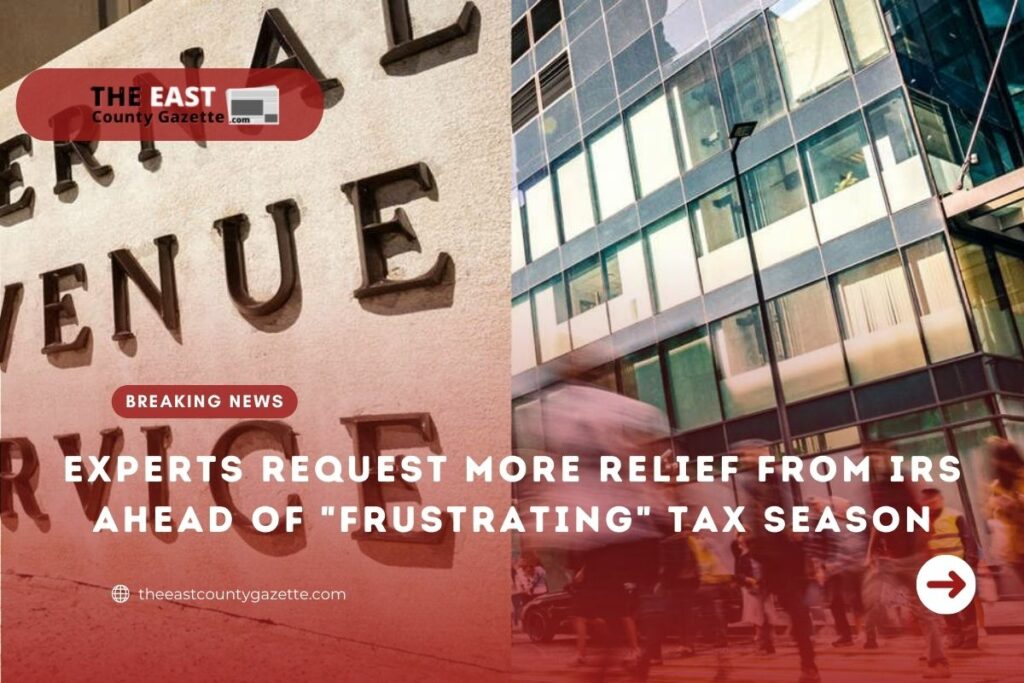As the Internal Revenue Service wades through an overwhelming amount of unprocessed returns from previous years, industry association are urging the IRS to provide taxpayers with targeted relief.
In a letter to the IRS on Tuesday, the National Association of Taxpayers (NATP) asked it to take “reasonable action” to reduce the burden on taxpayers and tax professionals facing “unforeseen and long-lasting difficulties” posed by the COVID-19 pandemic, Foxbussiness reported.
“The coronavirus pandemic has created enormous challenges for taxpayers, tax professionals, and the IRS. It is time to take steps to ameliorate the situation,” the letter stated.
“Implementing reasonable penalty relief measures, that the IRS can offer immediately, are necessary to help not only taxpayers and tax professionals but also the IRS during these challenging times.”
According to the NATP, the IRS should cease automating compliance actions until it is able to devote “necessary resources for a proper and timely resolution of the matter.”
Additionally, the IRS should align the time it takes to process any penalty abatement requests with the time it takes to account hold requests.
The industry groups urged the IRS to provide a “reasonable cause penalty waiver” that would function similarly to the first-time abatement administrative waiver procedure without hurting the chances of future abatement recipients.
A recent report to Congress indicated that the IRS failed to handle taxpayer responses to its notices efficiently, causing refunds to be delayed and, in some instances, collection notices to be sent prematurely.
Tens of millions of notices were sent by the IRS in 2021.
Read More: IRS Filing Deadline Is Early – Here’s Everything You Can Expect From Your Refund
These notices include 14 million math error notices, automated underreported notices, notices requesting authentication of identity, and notices of collections.
There were many cases where taxpayer response was needed; if individuals did not respond or if they responded and the IRS, still, couldn’t process it due to the enormous backlog.
It could “take adverse action or not release the refund claimed on the tax return,” Collins stated.
Due to the massive amount of unprocessed returns accrued during the pandemic this season – which officially begins Jan. 24 – will be challenging.
The IRS had as of mid-December a backlog of more than 8.6 million unprocessed tax returns for individuals and 2.8 million for businesses, Collins stated in her report.
There are also about 5 million pieces of unanswered mail at the IRS.
Unlike this tax season, when the tax-filing season begins, the IRS usually has less than 1 million items left to take care of.
The delays are caused by several factors.
First was the office closures in 2020 and 2021. This caused the IRS to face a multitude of challenges while attempting to adapt to major changes to the tax code during the filing season.
The second problem is the agency’s understaffing; it has 20,000 fewer employees than it did in 2010.
In addition, 20% of the IRS’s customer service personnel have missed work due to pandemic-related health issues during the past two years.
Officials from the Treasury Department called on taxpayers to file their taxes quickly.
According to them, previous returns do not need to be sent to file for 2021.
To avoid possible delays and receive their refund within 21 days, Americans are encouraged to file electronically with direct deposit.
Rather than April 15 this year, the tax-filing season starts on Jan. 24 and ends on April 18. The reason for this is that Emancipation Day is commemorated in Washington, D.C. at that time.

